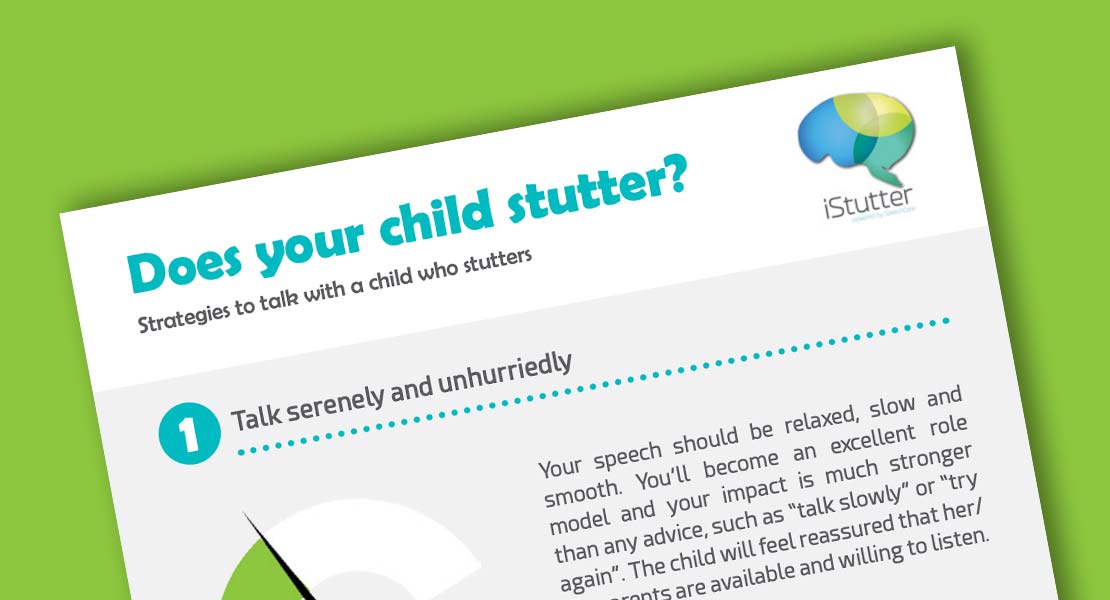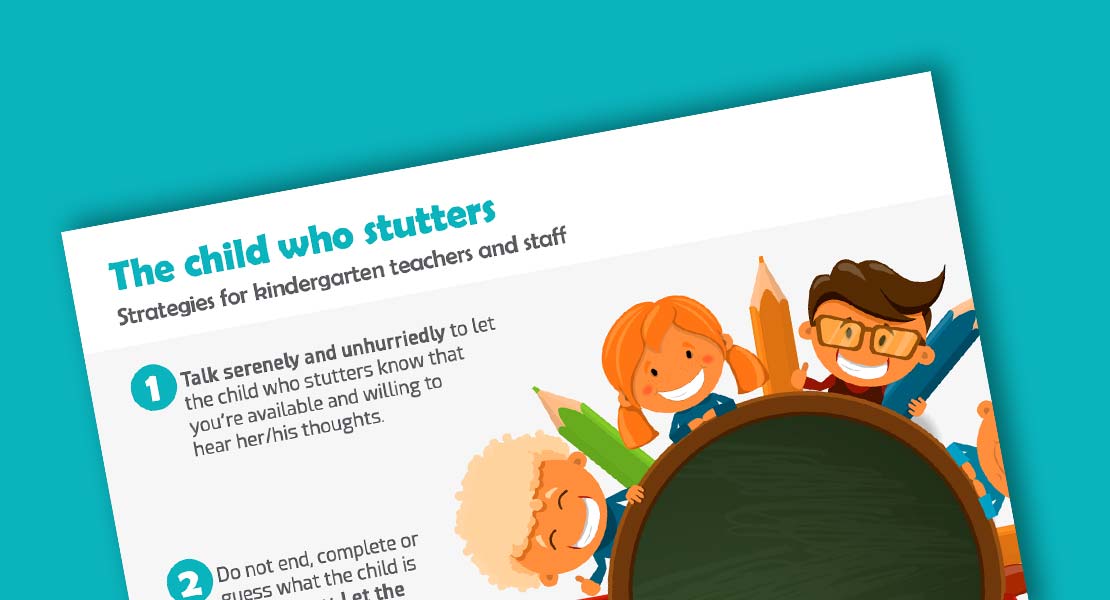Stuttering can emerge as early as 18 months, and early intervention is crucial. Due to young children’s neuroplasticity, early therapy significantly increases the chances of stuttering naturally resolving.
WHEN DOES STUTTERING BEGIN?
HOW CAN YOU TELL IF A CHILD STUTTERS?
Stuttering is identified through speech interruptions, such as:
- Repetitions of sounds or syllables (e.g., “ba-ba-ba-ball”)
- Prolongations of sounds (e.g., “Sssssschool”)
- Blocks, where speech seems to get stuck (e.g., “I’m g….oing to the park”)
Children may also develop reactions to stuttering, such as blinking, head movements, or avoiding words and situations (e.g., not speaking in class). These behaviors often reflect frustration or anxiety about speaking.
We are dedicated to helping people overcome the challenges of stuttering.
WHY DOES A CHILD STUTTER?
A common myth is that stuttering is caused by trauma or nervousness. However, research shows that stuttering is linked to genetics, neurology, and environmental factors. Speech therapy helps families understand stuttering and identify factors that support or hinder fluency.
WHAT DOES THERAPY LOOK LIKE?
Each therapy plan is personalized, using evidence-based direct and indirect approaches tailored to the child and their family.
To learn more about stuttering, visit our News page.







